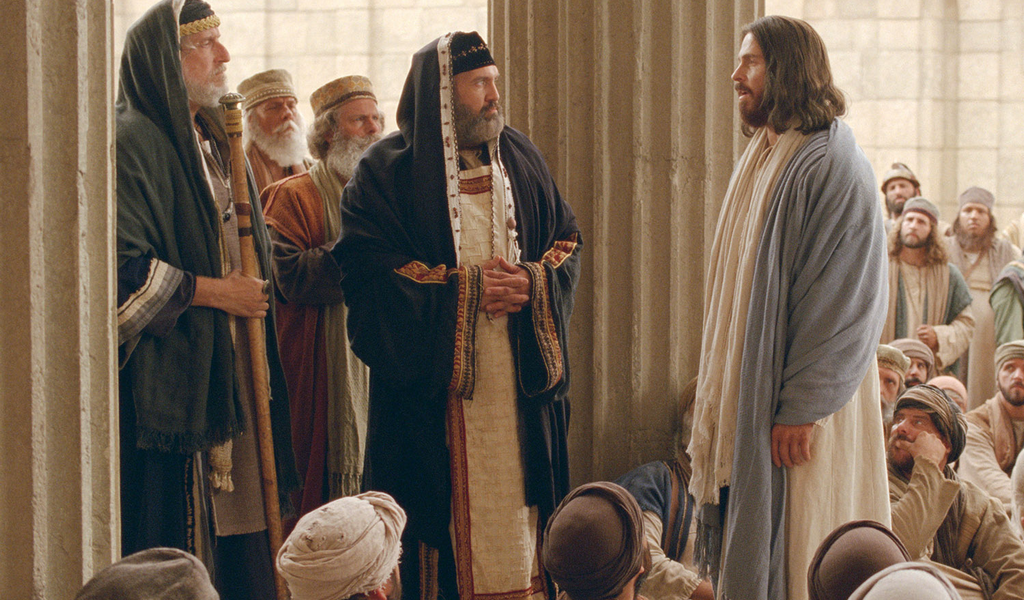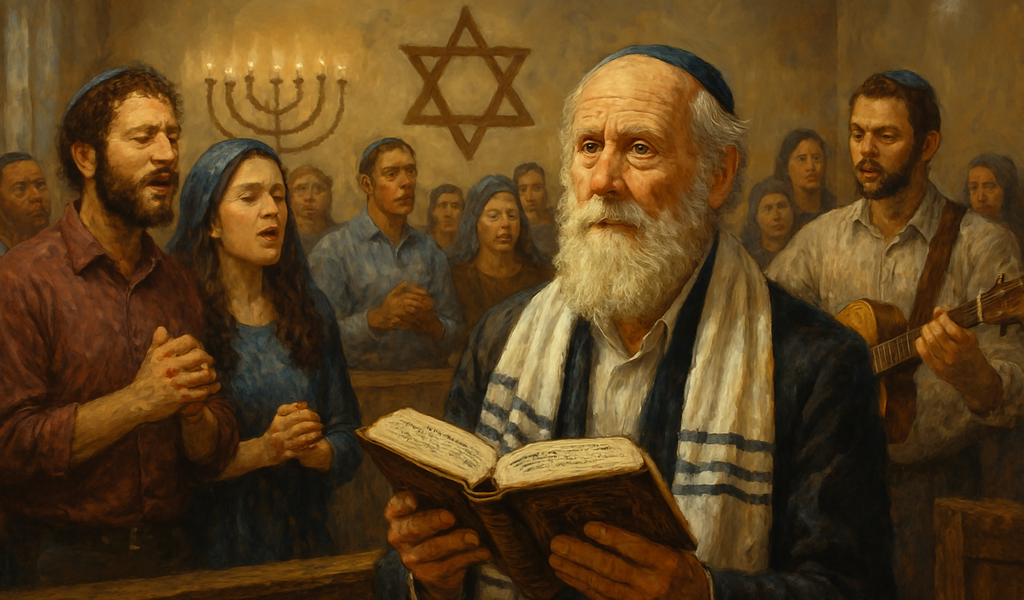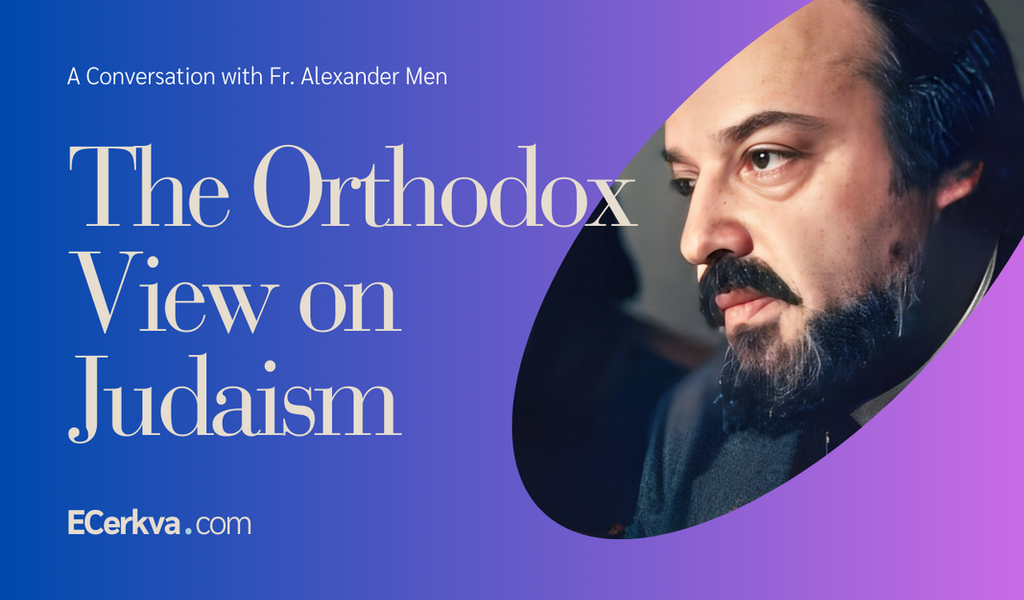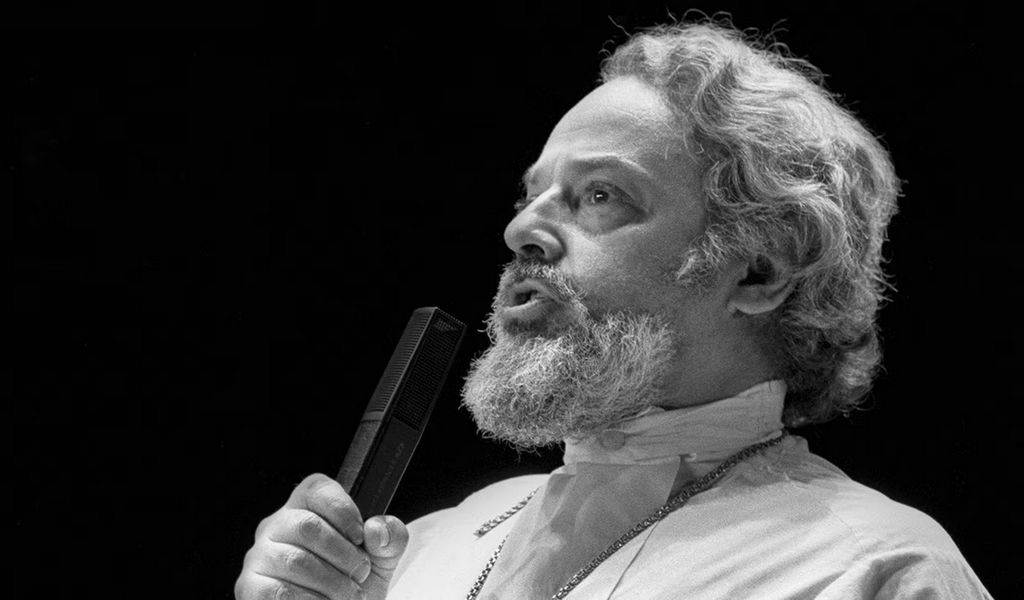Judaism and Christianity
Materials on the Jewish People, Judaism, and Jewish-Christian Relations and Polemics.
Judaism and Christianity have been engaged in theological polemics for two thousand years. One might wonder: why would Christians engage in polemics with a religion of a relatively small and ethnically defined group? After all, Judaism has never been an open or universal faith but has remained the religion of a specific ethnic community. In defining Judaism, Wikipedia notes that in most world languages, the terms "Jew" and "Judaist" are expressed by the same word and are not distinguished in conversation. This understanding of Jewish identity is shared by Jews themselves. However, the histories of Judaism and Christianity are so deeply intertwined that it is impossible to study Christianity without understanding Judaism—and vice versa. Jewish-Christian polemics have influenced the development of Jewish philosophy to such an extent that modern Judaism, in many ways, owes its current form to Christianity.
The history, philosophy, and theology of Judaism should be studied thoroughly by Christian theologians—not merely to sharpen their polemical skills or for missionary purposes among Jews, but primarily to gain a deeper understanding of Christianity itself, its roots, and its fundamental theological premises.
Islam, Christianity, and Judaism are three religions founded on shared principles. The central text of Judaism, the Torah, is also part of the Christian Holy Scriptures, while the Muslim Qur'an is significantly influenced by the principles of the Torah. The emergence of Judaism was, in a sense, the emergence of both Christianity and Islam. The God of Judaism is revered in Christianity as well, though there are, of course, significant differences—Jewish traditions and beliefs often diverge sharply from Christian teachings. Judaism and Islam, while sharing common roots with Christianity, oppose Christ’s doctrine on several fundamental points.
This section features articles on topics such as the core ideas of Judaism, its commandments and history, Jewish traditions, Judaism and the Jewish people, the history of Jewish-Christian relations, the Jewish people in Christian theology, and more. The section also addresses interfaith dialogue, the significance of Jewish identity, and related themes. These articles aim to help Christians and Jews better understand one another, enrich each other's perspectives, and, most importantly, deepen their understanding of their own religious traditions.

- Details
- Written by: Fr. Peter Hocken
- Category: Judaism and Christianity
-
Also available:


- Hits: 360
Lecture by Fr. Peter Hocken on the Catholic Church’s teaching on Judaism, from Vatican II to the Catechism, Israel’s calling and the mystery of salvation.

- Details
- Written by: Peter Hocken
- Category: Judaism and Christianity
-
Also available:

- Hits: 2084
Since the second half of the 20th century, there has been a growing interest among various Christian Churches in the history and religion of the Jewish people, accompanied by attempts at their renewed interpretation. At the same time, a renewed interest in the person of Jesus has been awakening among Jewish philosophers, theologians, and spiritual leaders. Within the Jewish community, congregations have emerged that accept Jesus as Lord while zealously preserving their Jewish identity. In this context, we present a lecture by Father Peter Hocken.

- Details
- Written by: Fr. Alexander Men
- Category: Judaism and Christianity
-
Also available:

- Hits: 1315
What does the Orthodox Church say about Judaism? How does it understand the shared roots and key differences between the two faiths? In this thoughtful and nuanced conversation, renowned Soviet Orthodox priest Fr. Alexander Men offers insight into the historical, theological, and spiritual connections between Christianity and Judaism — while also explaining why the paths of these two religions diverged.

- Details
- Written by: Sergey Solovyov
- Category: Judaism and Christianity
-
Also available:

- Hits: 1326
In the published work, Father Sergey Mikhailovich Solovyov (1885–1941), the grandson of the famous historian and nephew of the renowned philosopher, highlights the spiritual barrenness of Judaism that rejected the Messiah, while at the same time urging us to "feel a deep concern for the people of Israel and believe that 'all Israel will be saved.'"

- Details
- Written by: Alexander Men
- Category: Judaism and Christianity
-
Also available:

- Hits: 1372
In a lecture on Judeo-Christianity delivered to an audience of Jews, Father Alexander Men explains the Christian faith using terms that are familiar within the framework of Judaism.
- Details
- Written by: Dmitry Bavyrin
- Category: Judaism and Christianity
-
Also available:

- Hits: 524
The persecution of Benedict XVI in the Israeli press could result in far greater reputational costs for the Jewish state than those incurred by "Operation Cast Lead." This is because it fundamentally contradicts the principles of common sense, which, in the eyes of many, justify the operation in Gaza, writes Dmitry Bavyrin, an analyst for the "Actual Comments" portal.

 DE
DE